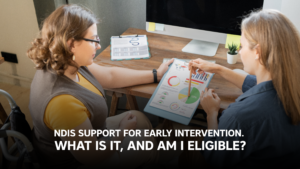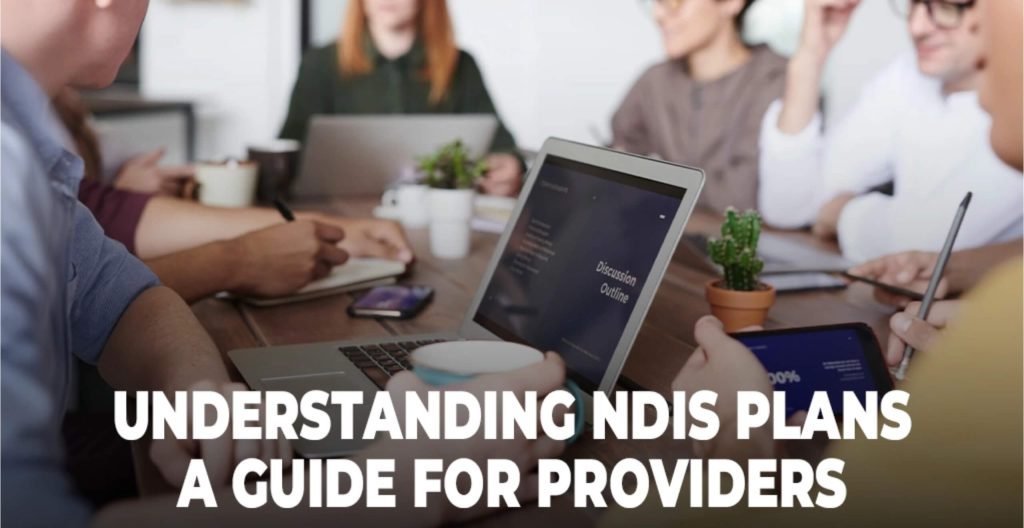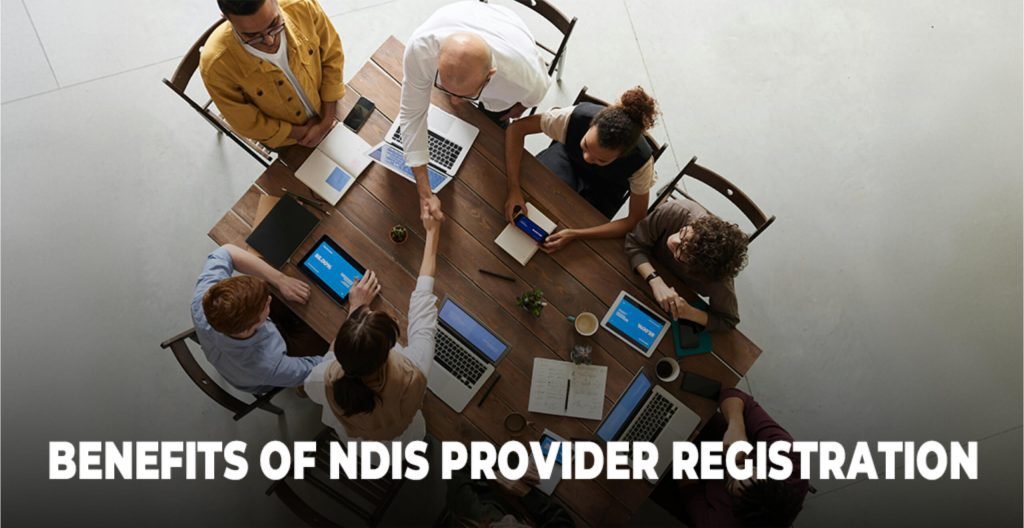When considering starting an NDIS business, one important decision is whether to become a registered NDIS provider or operate as an unregistered provider. Each option comes with its own set of advantages and limitations, and understanding these differences is crucial for making an informed choice. In this blog, we’ll explore the key distinctions between NDIS registered and unregistered providers to help you determine the best path for your business.
What is an NDIS Registered Provider?
An NDIS registered provider is a service provider that has undergone the NDIS provider registration process and meets the standards set by the NDIS Quality and Safeguards Commission. To become an NDIS registered provider, you must demonstrate compliance with various requirements, including having appropriate policies, procedures, and staff qualifications.
Benefits of Being a Registered Provider:
- Access to NDIS Participants: Registered providers are listed on the NDIS provider register, which allows them to offer services to participants who have their plans managed by the NDIS. This can significantly increase your business’s visibility and attract a larger client base.
- Enhanced Credibility: Registration with the NDIS can enhance your business’s credibility and trustworthiness. It indicates that your services meet the rigorous standards required by the NDIS, which can be reassuring to both participants and their families.
- Ability to Provide a Broader Range of Services: Registered providers can offer a wider range of services and supports, including those funded directly by the NDIS. This can provide more opportunities for business growth and expansion
What is an Unregistered Provider?
An unregistered provider does not go through the NDIS provider registration process. Instead, they operate independently and offer services on a private basis. While unregistered providers are not listed on the NDIS provider register, they can still deliver services to clients who manage their own plans or use other funding sources.
Benefits of Being an Unregistered Provider:
- Simplified Compliance Requirements: Unregistered providers are not subject to the same stringent compliance requirements as registered providers. This can simplify the process of setting up and operating your business, as you won’t need to undergo an NDIS audit or adhere to the full set of NDIS standards.
- Flexibility in Service Delivery: Operating as an unregistered provider offers greater flexibility in how you deliver services. You can tailor your offerings to meet the specific needs of your clients without having to adhere to the detailed regulations required of registered providers.
- Lower Costs: By avoiding the registration process, unregistered providers can potentially reduce their initial setup and ongoing costs. This can make it easier for small businesses or sole traders to enter the NDIS sector.
Key Considerations for Choosing Between Registered and Unregistered Status
- Target Market: If you aim to work with NDIS participants who have their plans managed by the NDIS, becoming a registered provider is essential. Conversely, if you plan to offer services to clients who self-manage their plans or use alternative funding, operating as an unregistered provider may be sufficient.
- Compliance and Costs: Consider whether you’re prepared to meet the compliance requirements associated with registration, including the costs of NDIS registration and potential audit fees. If these requirements are a barrier, starting as an unregistered provider might be a viable option.
- Business Goals: Reflect on your long-term business goals. If you intend to grow and offer a wide range of services or expand into new areas, registration could provide more opportunities and enhance your business’s credibility.
Transitioning from Unregistered to Registered Status
For some businesses, starting as an unregistered provider can be a strategic way to enter the market and build a client base. If you decide later that you want to access the benefits of being a registered provider, you can apply for NDIS provider registration at that time. The transition involves undergoing the registration process, which includes meeting the necessary standards and preparing for an NDIS audit.
Conclusion
Choosing between becoming an NDIS registered provider or operating as an unregistered provider involves weighing various factors, including compliance requirements, costs, and business goals. Registered providers enjoy greater access to NDIS participants and enhanced credibility, while unregistered providers benefit from simplified compliance and lower costs. By understanding the differences and considering your business needs, you can make an informed decision that aligns with your objectives and sets the foundation for a successful NDIS business.
Latest NDIS News in Australia

ndis business profitability strategies and factors
Becoming an NDIS provider Registration is a great investment and a business opportunity that offers a lot and while navigating NDIS business registration and NDIS

Allied Health Professionals in NDIS: What you need to know
The NDIS Scheme helps a large group of people with disabilities in Australia by providing support and services to enhance their lives. And to become

How to create a positive NDIS participant experience
How to create a positive NDIS participant Whether you’re Working as an NDIS provider or wanting to become an NDIS provider, Ensuring a great experience

Common Mistakes in NDIS Audit and How to Avoid Them
Becoming a National Disability Insurance Scheme become an NDIS provider provider can be a great business opportunity, but it also comes with a lot of

NDIS Plan Management Self Managed VS Plan Managed
Helping participants navigate their plans effectively is an essential part of providing service and ensuring quality in your provider business. NDIS plan management is fundamentally

How to Stay Informed: NDIS Resources and Updates You Need to Know
NDIS Resources Navigating the National Disability Insurance Scheme (NDIS) can often feel challenging and overwhelming. With updates on policy changes, new guidelines, and various support
Hear from Our Clients












